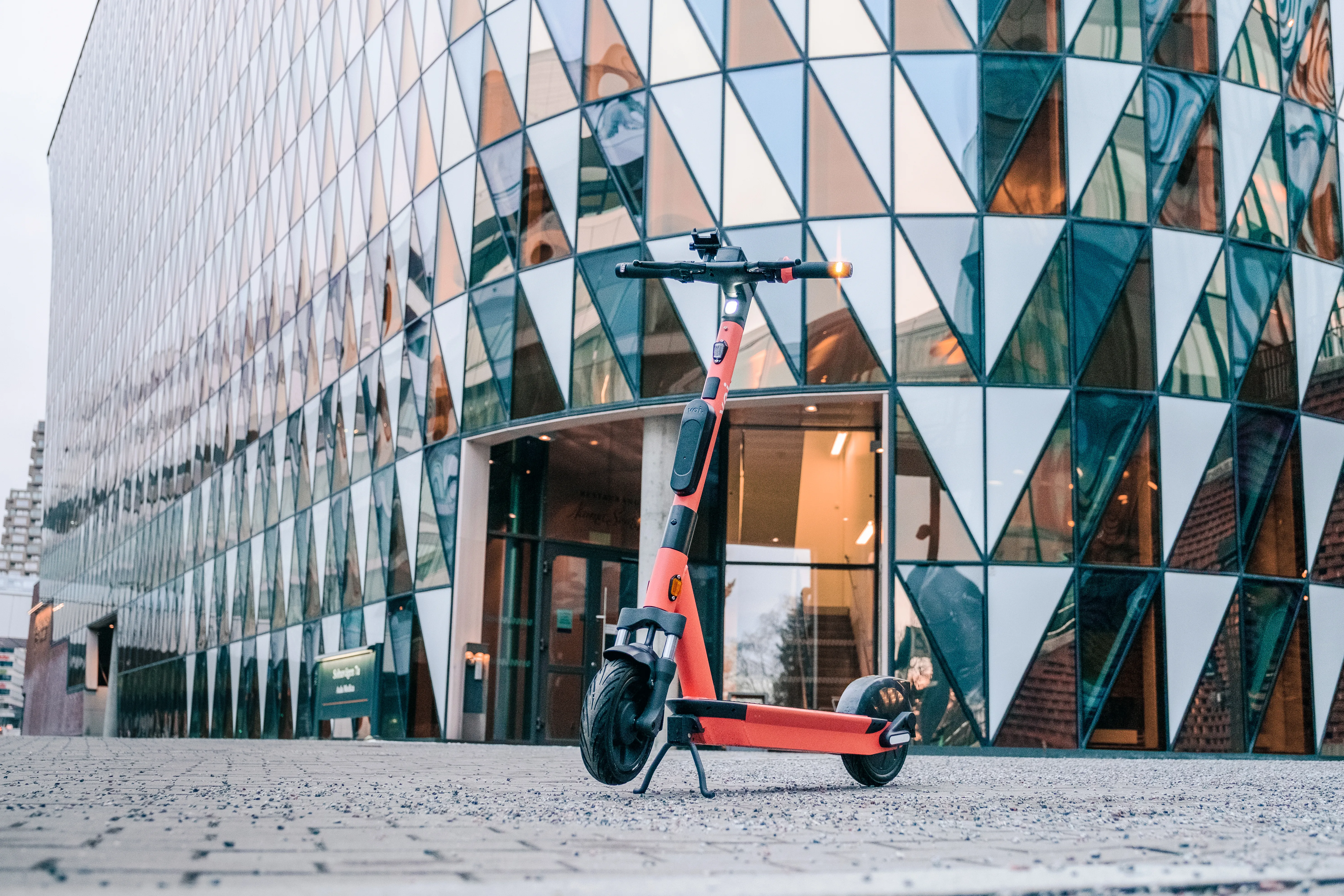Tests conducted by Rx Networks and the European GNSS Agency (GSA) confirm that, when used in addition to GPS and/or GLONASS, Galileo significantly improves the accuracy of location-based services when used in challenging environments.
The GSA and Rx Networks, a leading mobile location technology and services company, announced the results of tests conducted by the company measuring the performance of Galileo when used in various combinations with GPS and GLONASS.
May 28, 2014
Read time: 2 mins
Tests conducted by Rx Networks and the 5810 European GNSS Agency (GSA) confirm that, when used in addition to GPS and/or GLONASS, Galileo significantly improves the accuracy of location-based services when used in challenging environments.
The GSA and Rx Networks, a leading mobile location technology and services company, announced the results of tests conducted by the company measuring the performance of Galileo when used in various combinations with GPS and GLONASS.
Tests were conducted in real-world environments, including urban canyons and indoors. These environments pose significant challenges to location accuracy due to multipath and obstructed views of satellites. Each test consisted of a three-hour data capture of GNSS signals, which was later replayed to produce hundreds of fixes using a multi-constellation GNSS receiver from6234 STMicroelectronics.
The results showed that using Galileo with one or more other GNSS constellations provides significantly more accurate location fixes compared to GPS alone, when indoors or in urban canyons. As expected, the GPS+Galileo combination did not exceed the performance of GPS+GLONASS, due primarily to there only being four Galileo satellites available at the time of the testing. It is expected that, as more Galileo satellites are launched, the combination of Galileo with GPS will show further improvements in performance.
According to Gian-Gherado Calini, head of Market Development at the GSA, “Dual-constellation GNSS” designs are the standard for many smartphones and other devices. The combination of GPS and Galileo provides a robust solution and is expected to offer performance that will meet or exceed end-user expectations.”
Adrian Stimpson, senior vice-president of Sales and Marketing, Rx Networks said, “The results should be encouraging to any GNSS chipset manufacturer who is considering adding Galileo as a competitive differentiator.”
The GSA and Rx Networks, a leading mobile location technology and services company, announced the results of tests conducted by the company measuring the performance of Galileo when used in various combinations with GPS and GLONASS.
Tests were conducted in real-world environments, including urban canyons and indoors. These environments pose significant challenges to location accuracy due to multipath and obstructed views of satellites. Each test consisted of a three-hour data capture of GNSS signals, which was later replayed to produce hundreds of fixes using a multi-constellation GNSS receiver from
The results showed that using Galileo with one or more other GNSS constellations provides significantly more accurate location fixes compared to GPS alone, when indoors or in urban canyons. As expected, the GPS+Galileo combination did not exceed the performance of GPS+GLONASS, due primarily to there only being four Galileo satellites available at the time of the testing. It is expected that, as more Galileo satellites are launched, the combination of Galileo with GPS will show further improvements in performance.
According to Gian-Gherado Calini, head of Market Development at the GSA, “Dual-constellation GNSS” designs are the standard for many smartphones and other devices. The combination of GPS and Galileo provides a robust solution and is expected to offer performance that will meet or exceed end-user expectations.”
Adrian Stimpson, senior vice-president of Sales and Marketing, Rx Networks said, “The results should be encouraging to any GNSS chipset manufacturer who is considering adding Galileo as a competitive differentiator.”










